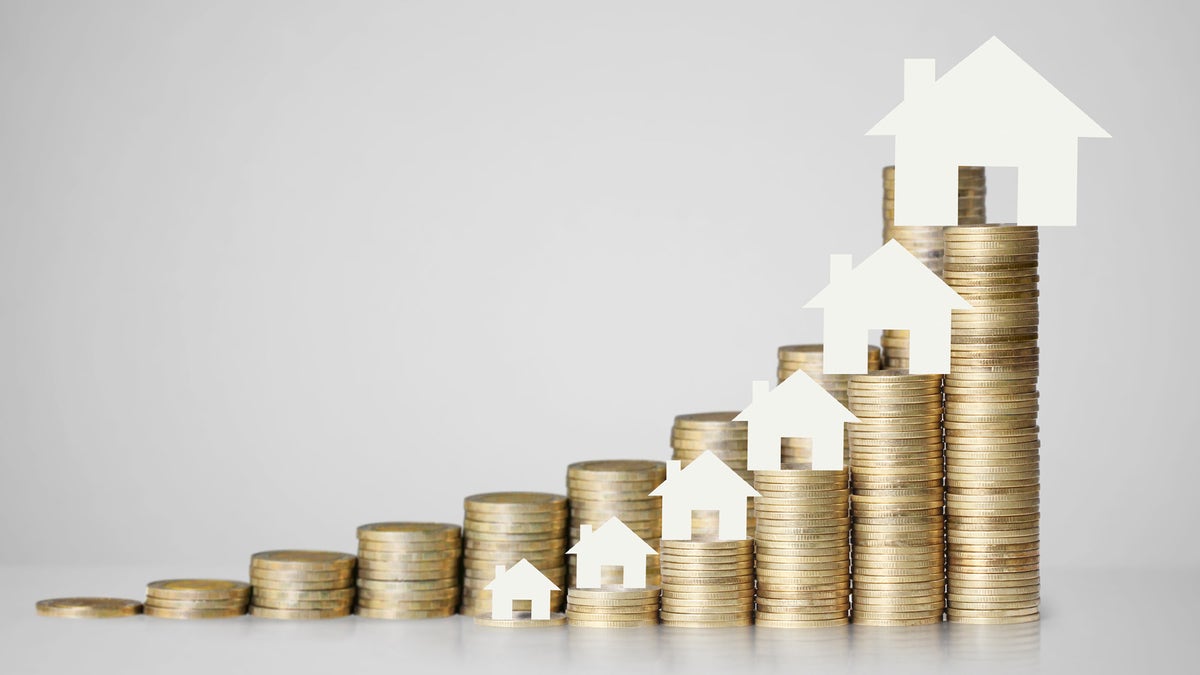
increasing-payments
Part of the allure of buying a home is stability -- the same neighborhood, the same schools, a predictable payment. Although the location of your home won't change, the character of the neighborhood can, school districts can be redrawn, and your monthly mortgage payment can go up (or down, but up is more common). If you have a fixed-rate mortgage, it might seem like your payment would stay the same. A stable payment might even be one reason you decided to buy rather than rent. So, when you get a notice that your payment is going up, what could be the reason?
It's likely to be one of these:
1. Your home's value went up
The recovery of the housing market has reached your home, and now it's worth more. That's pretty good news, especially if you're hoping to sell. But if you're planning to stay, your tax assessor has probably taken note of your house's enhanced value (or will soon -- homes are reappraised regularly). And if you added a room, remodeled a kitchen, or did anything else that required a building permit, know that the additional value will be noted. That can affect your payment in two ways. The first would be higher property taxes. If you pay taxes through an escrow account, that is, one-twelfth of the bill is tacked onto each mortgage payment, then you'll see payments rise as taxes do.
2. Your home insurance premium rose
The cost of insuring your home can go up. This can be because its value went up, but it can also be because your credit score went down. A falling credit score might cause your insurance costs to rise dramatically. A drop from " excellent" to "poor" can more than double home insurance rates in 39 states, a recent study showed. (Other ways a poor credit score could hurt include higher interest rates on credit cards and higher car insurance rates.) Also, home insurance, like property tax, is often paid through an escrow account, so a higher premium will be reflected in a higher house payment.
3. You had an escrow shortage
Your monthly escrow amount is an educated guess at what the actual totals will be (leaving room for a small cushion). If the balance goes below that, or worse, into negative territory, you'll typically be given a choice of paying the sum all at once or over the course of a year (paying one-twelfth of the shortage each month). Couple that with higher insurance or property tax, and a house payment can go up dramatically.
4. You have a home equity line of credit
A lot of homeowners are getting -- or are about to get -- an unpleasant surprise when the repayment begins on a home equity line of credit. In many cases there is an introductory period when all you have to do is pay the interest. But when that ends, principal payment begins. And if you are not accustomed to budgeting for it, it can be a rude shock.
What you can do
Rising costs and inflation are facts of life, and the best you can do is avoid paying more than required. If you think your home's appraised value is too high, you can appeal, but you have to follow the procedures required in your jurisdiction.
If your credit score has dropped (or if you use credit so rarely you are concerned that you have a " thin file" or are at risk of not having a credit score), you can monitor your credit and take steps to bring it up to par. Even if you don't plan to borrow money, there are plenty of reasons to keep your credit in tiptop shape. (If you don't know where you stand, you can get a free credit report summary that includes two credit scores, updated monthly, from Credit.com.)
Lightly using credit cards, paying on time, and keeping balances low can help you keep housing, insurance, and interest costs in check. That way, even if your payments do inch up, it won't be as painful as it would be otherwise.
-- -- --
This article was written by Gerri Detweiler and originally published on Credit.com.
How to Refinance Your Home Loan With Bad Credit What Is a Good Credit Score? Check Your Credit Before Buying a Home